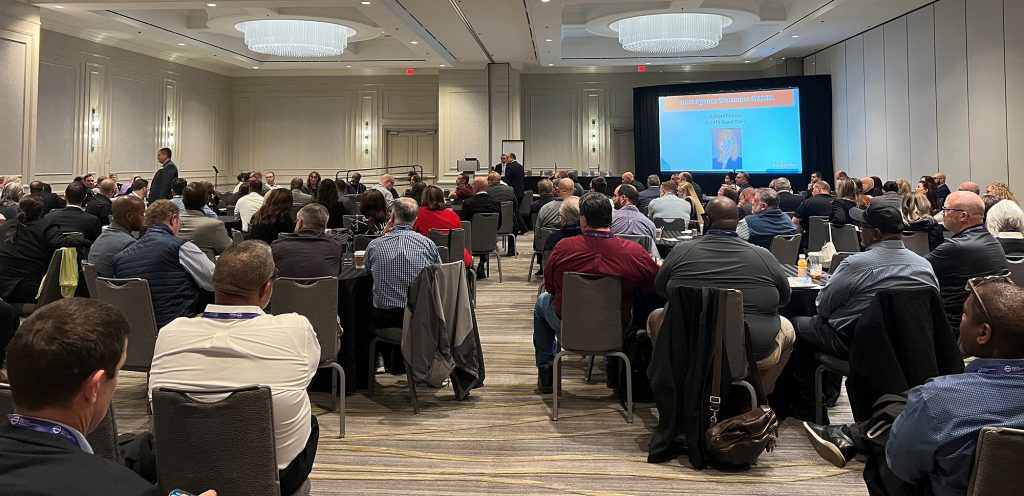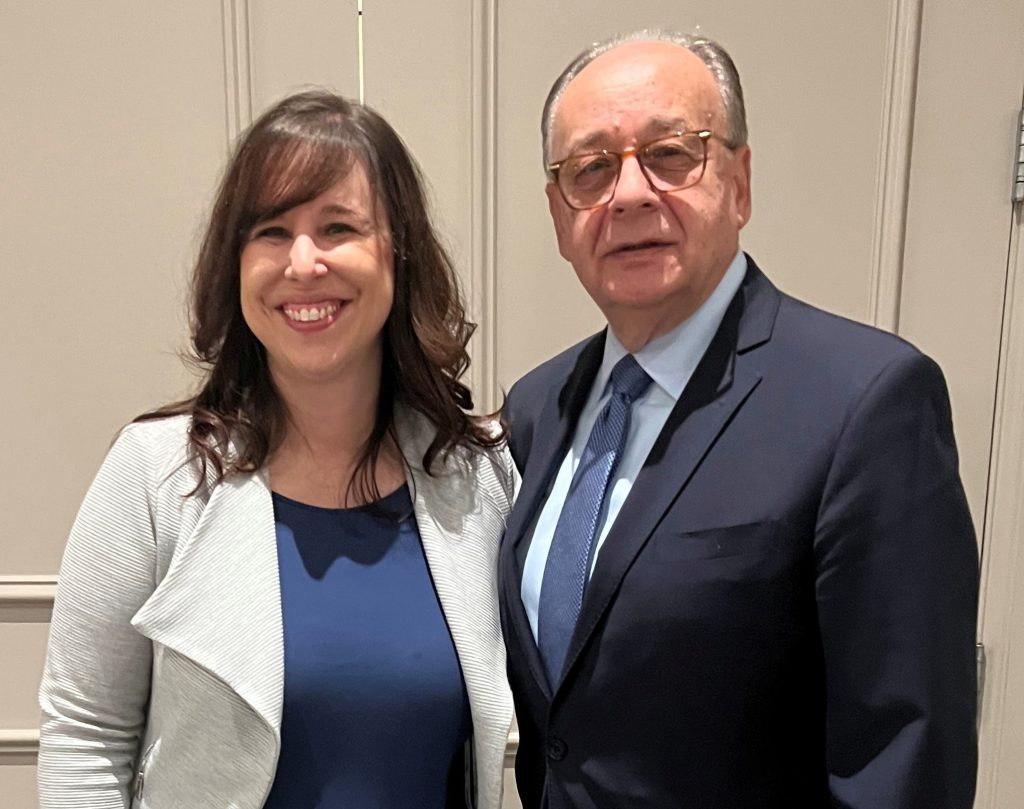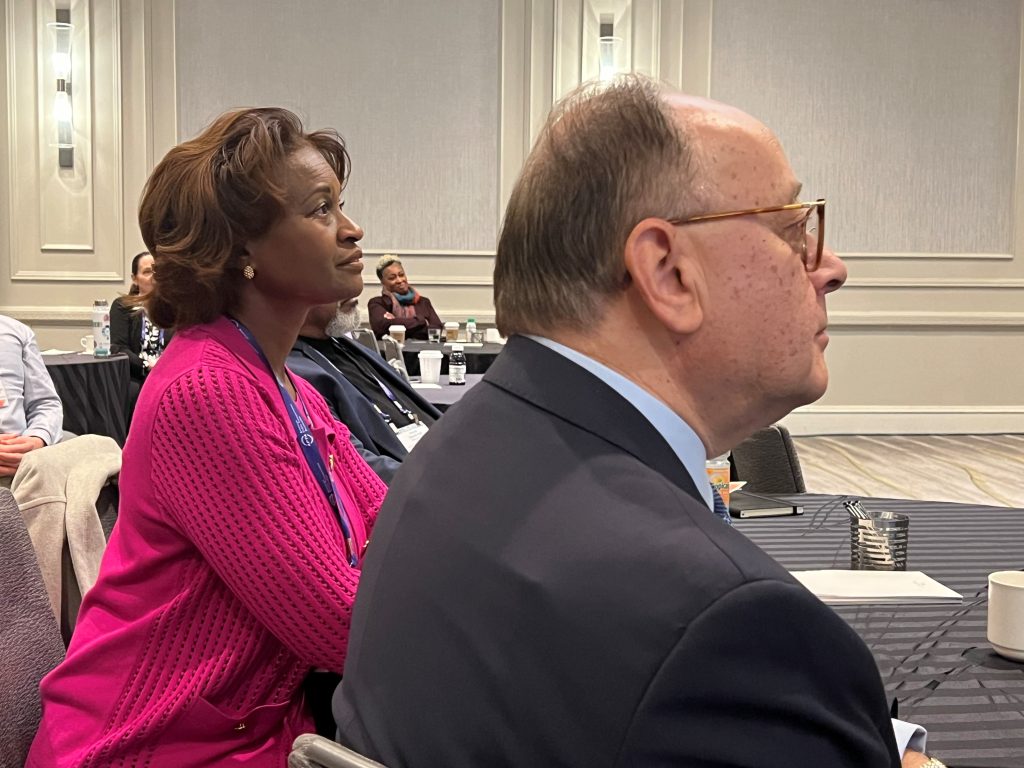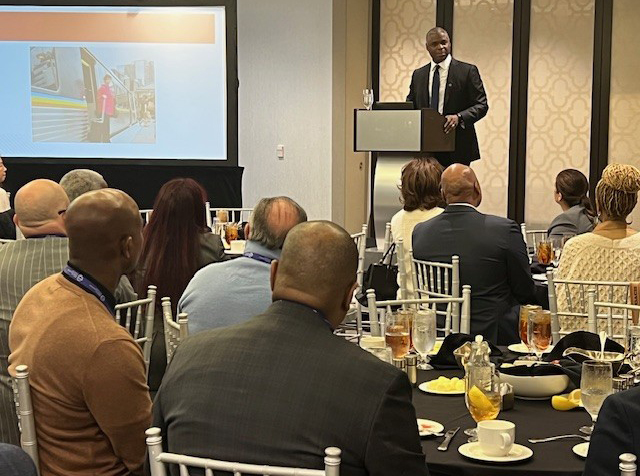APTA Hosts Safety and Risk Management Seminar
12/12/2024

APTA hosted its Safety and Risk Management Seminar Dec. 8-11 in Atlanta, GA. The seminar offers safety and risk management professionals the opportunity to discuss pertinent safety issues, network, and learn from federal and state partners.
At the Dec. 9 opening session, APTA President and CEO Paul P. Skoutelas welcomed the nearly 220 attendees and thanked Metropolitan Atlanta Rapid Transit Authority (MARTA) General Manager and President Collie Greenwood and Board Chair Kathryn Powers for hosting the seminar, noting how safety and risk management are essential elements of every public transit agency’s culture.

During times of uncertainty, Skoutelas explained, is when the public seeks assurances and when our work takes on even greater importance. He added that risk management and safety management systems (SMS) allow agencies to identify risks and develop strategies that can reduce hazards, lower costs, protect people and infrastructure, improve efficiency, and, most importantly, build trust.
MARTA officials discussed prior and future large-scale events in Atlanta, including the upcoming 2026 FIFA World Cup and best practices for preparation, emergency management, and special event planning at a panel. Polly Hanson, APTA senior director – security, risk, and emergency management, moderated. Panelists were George Wright, MARTA COO; Gena Major, MARTA deputy chief of safety & quality assurance; Michael Kreher, MARTA chief of police & emergency management; and Rhonda Allen, MARTA customer experience officer.

Former FTA Administrator and APTA Chair Nuria Fernandez, CEO, AMDC Consulting, LLC introduced MARTA’s Greenwood for the Dec. 10 Keynote Luncheon.
Other seminar speakers included Michael Marks, chair, APTA Bus Safety Committee; James Dougherty, vice chair, APTA Rail Safety Committee; and FTA senior program analysts, safety policy, Stewart Mader and Anna Curtis.

Sessions included a focus on the homeless, who often rely on public transit vehicles and facilities for shelter. This is a growing challenge for many transit agencies and impacts agency employees and passengers. Battery electric and alternative-fuel bus safety fire prevention and management, transit worker assaults, and cybersecurity were also examined, along with a session on newly implemented safety, security, and risk mitigations at public transit agencies across the U.S.